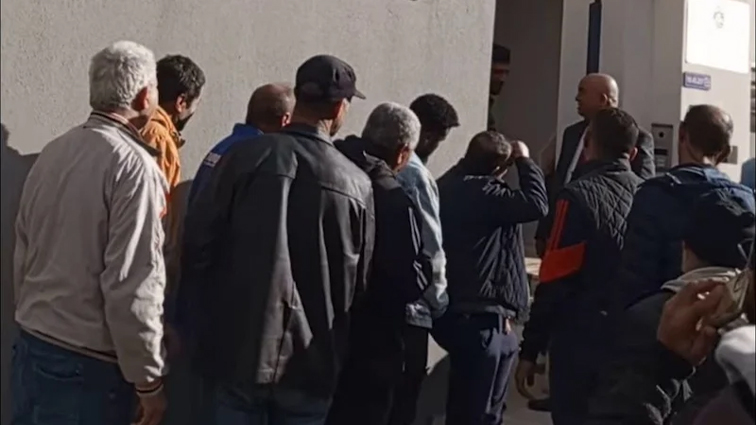The adoption of the sponsorship system by the interim Government of National Unity in Libya has raised widespread concerns among the Moroccan community about the possibility of arrest, deportation, or financial penalties.
The Minister of Labor and Rehabilitation in the outgoing Government of National Unity, Ali Al-Abed, affirmed last Sunday that local companies would be “the official sponsors before the Libyan state” for foreign workers to be brought in through the new electronic system launched by the ministry.
Al-Abed explained that this step “will facilitate procedures and eliminate bureaucracy regarding the recruitment of labor from abroad.”
This decision has raised concerns among many Moroccans residing in Libya, estimated at around 20,000 people, who face difficulty in regularizing their legal status due to the closure of the Moroccan consulate in Tripoli for ten years, which only recently resumed its services at the end of last March.
Despite the resumption of consular services, consulate staff face a significant challenge in renewing documents for all Moroccans in a short period.
Local Moroccan media reported that the government of Abdul Hamid al-Dbeibeh did not take into account the special and exceptional situation of the Moroccan community, indicating that Moroccans are threatened with arrest, deportation, and the payment of monthly fines of around 95 euros, retroactively imposed by the outgoing Government of National Unity.
The Moroccan community in Libya calls on the Rabat government to intervene urgently to strengthen consular services and expedite the regularization of their legal status. They also urge political intervention with the al-Dbeibeh government to resolve outstanding issues and provide necessary support to ensure their stability and protection from potential repercussions of the new sponsorship system.
More than 13,000 migrants returned to Libya after being intercepted off its coast
